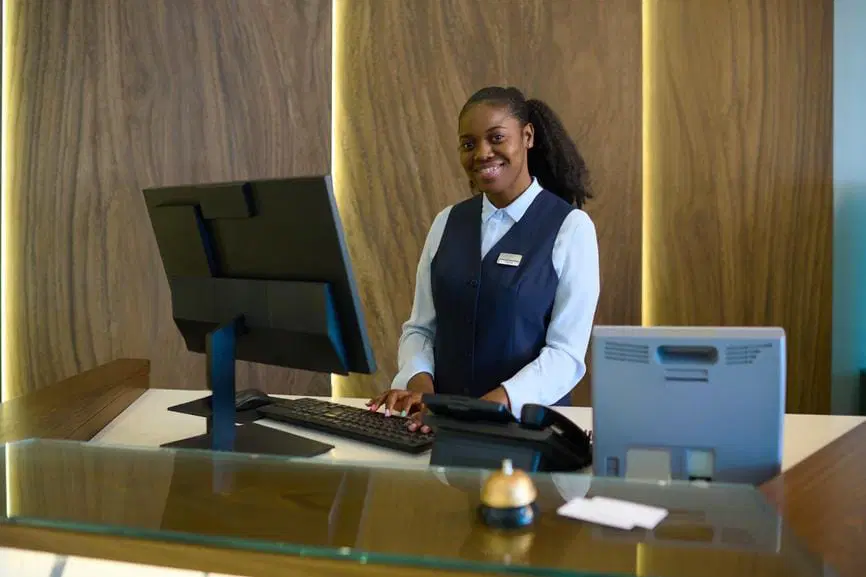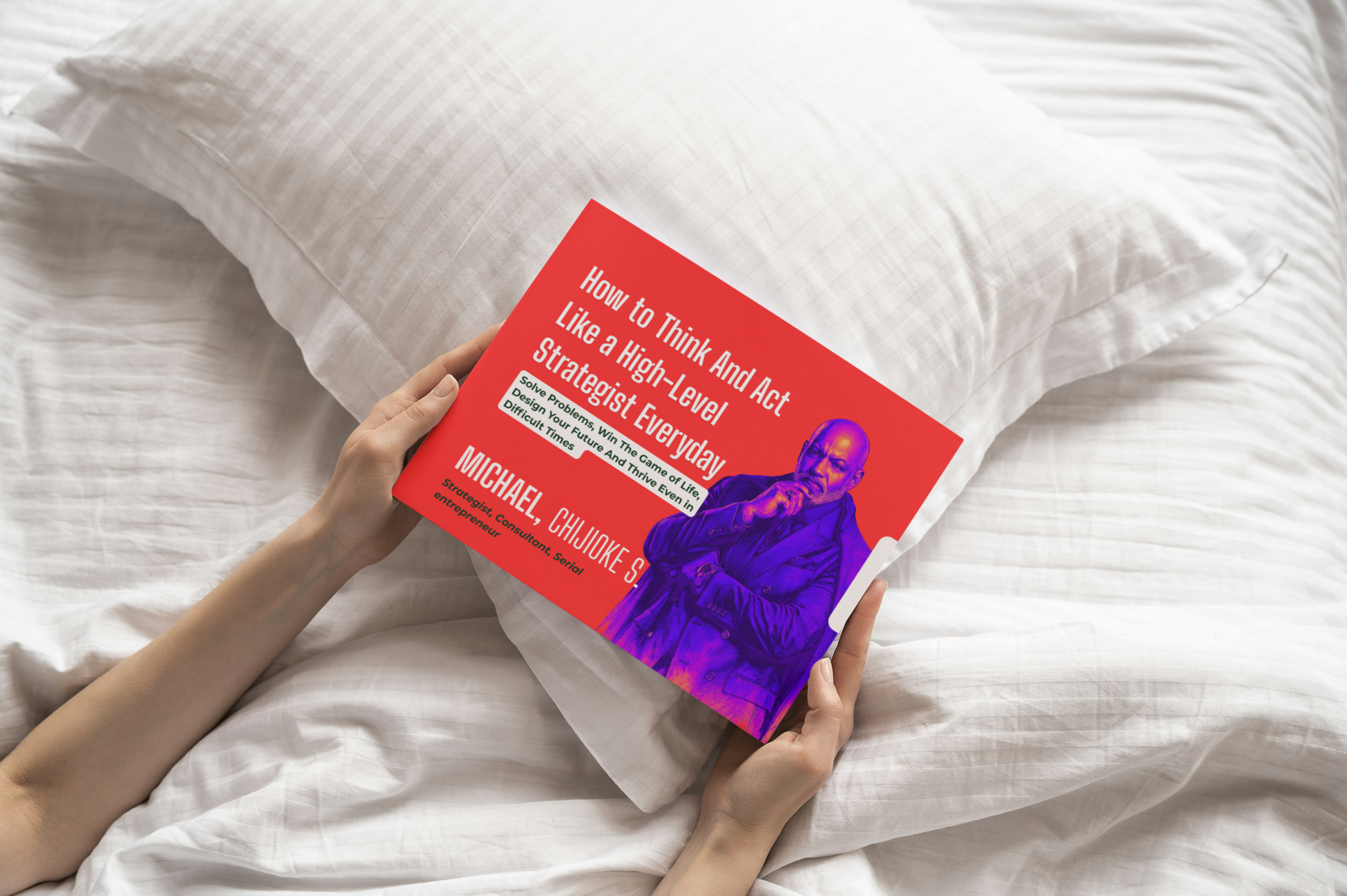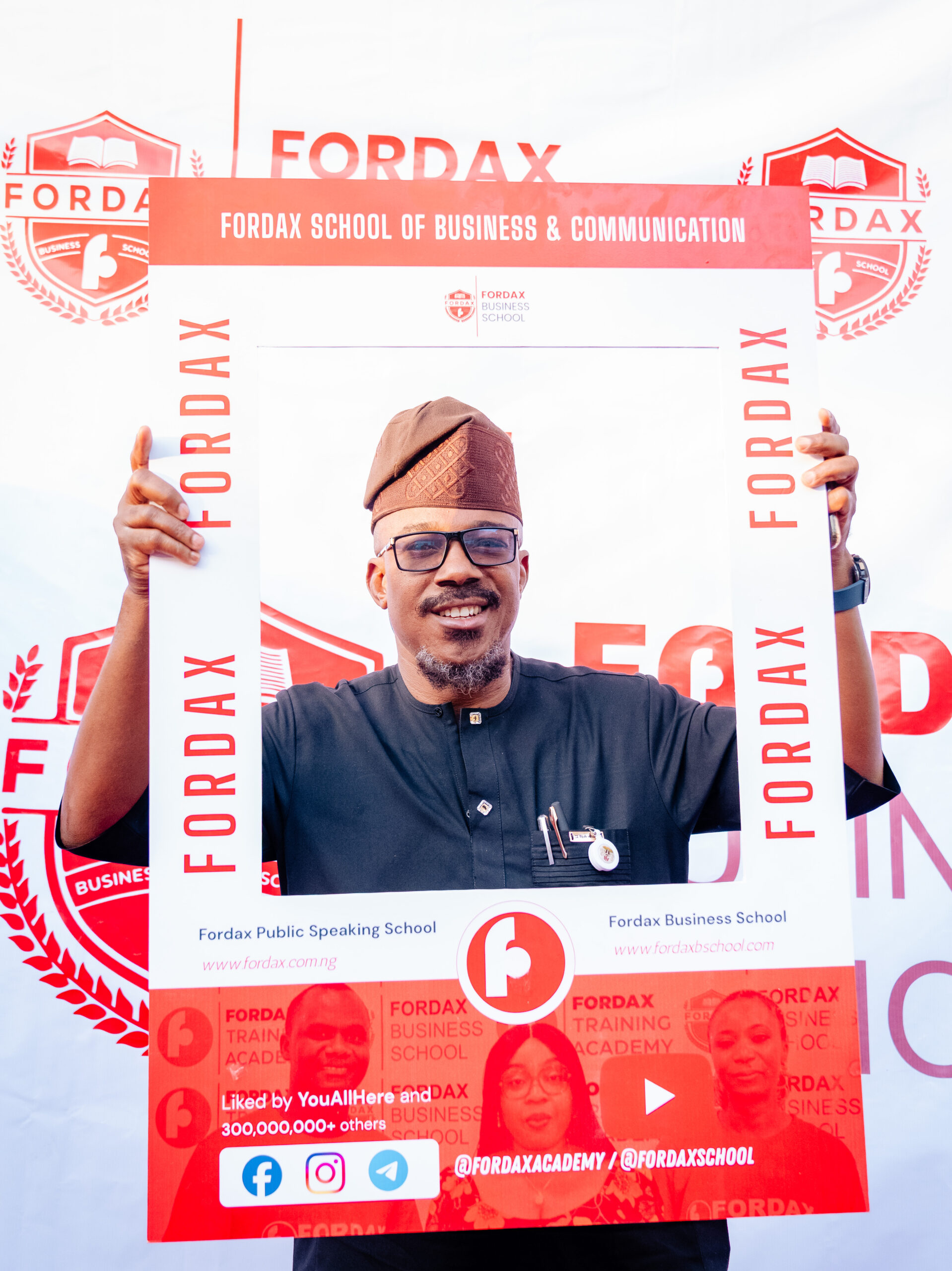What Hilton, Marriott & Hyatt Can Teach Nigerian Hotel Owners
By Dr. Stephen Michael, Founder, Fordax Business School
Over the past few months, I’ve received a number of inquiries from some of our students and mentees in the hospitality industry—especially hoteliers—asking questions like:
- How do we build a hotel brand that runs without us always being physically there?
- What are the systems that make big hotel chains like Marriott or Hilton operate so smoothly across borders?
- How can we grow and scale in Nigeria with our own unique challenges of staff reliability, power supply, government policies, etc.?
These are very relevant questions. So, I decided to put together this article based on a careful look into three of the world’s most respected hotel giants: Hilton, Marriott, and Hyatt.
So let us look into these things in three parts:
PART 1: What Hilton, Marriott & Hyatt Share in Common
Despite their differences in history, ownership, and market focus, all three brands have five strategies in common. These are non-negotiables for building a sustainable hotel business:
1. Standardization of Guest Experience
Whether you’re checking into a Hyatt in Dubai or a Marriott in Accra, there’s a standard feel you’ll get—clean rooms, smiling staff, seamless check-in, consistent breakfast, etc.
- They use documented Standard Operating Procedures (SOPs) to train staff.
- Every staff member knows what “excellence” looks like—and how to deliver it.
Lesson for Nigeria Hoteliers: Don’t leave your guest experience to chance. Systemize everything. Have SOPs for cleaning, check-in, breakfast service, room service—even handling complaints.
2. Strong Brand Positioning
Each of these chains owns multiple sub-brands for different market segments:
- Hilton has Conrad, DoubleTree, Hilton Garden Inn, etc.
- Marriott has Ritz-Carlton, Sheraton, Courtyard, and Moxy.
- Hyatt has Andaz, Hyatt Regency, Park Hyatt, etc.
They serve the budget traveler, the luxury seeker, and the business executive without confusing the brand identity.
Lesson for Nigeria Hoteliers: Your hotel can offer multiple services—but don’t confuse your market. Know what you’re known for, and protect your brand’s identity.
3. Technology Integration
From digital room keys to mobile check-in, loyalty programs, CRMs, and centralized booking platforms, they’re all leveraging tech to streamline operations and improve customer satisfaction.
Lesson for Nigeria Hoteliers: Even with our electricity and internet issues, Nigerian hotels must find creative ways to adopt tech—property management software, WhatsApp-based concierge, or automated check-ins.
4. Obsessive Training Culture
Training is not a “once a year” seminar. These brands train consistently, and they train for behavior, not just skills.
They invest in leadership development, front desk etiquette, conflict resolution, and even cross-cultural communication.
Lesson for Nigeria Hoteliers: Hire for attitude, train for excellence. A well-trained cleaner can become a future hotel manager if you build the right internal culture.
5. Franchise & Partnership Models
Most people don’t know this: many Hilton or Marriott hotels are actually owned by local investors, not the parent brand. The brand licenses its name, systems, training, and technology—while local owners handle operations.
This is how they’ve scaled to 100+ countries.
Lesson for Nigeria Hoteliers: Build your hotel to the level where others can buy into your system. That’s how growth becomes exponential. OR… Buy a hotel franchise – it’s often worth the cost.
Here’s another suggestion: instead of having hundreds of hotels struggling to compete in cities like Lagos, Abuja and Port Harcourt, why can’t we have 2-5 hoteliers come together to fuse their brands under a single management or operations brand? This way, they can strengthen their hotels, design a robust system of management and operations, build a network that makes them competitive to other individual hotels and possibly pull resources together to build a formidable hotel chain. This is possible.
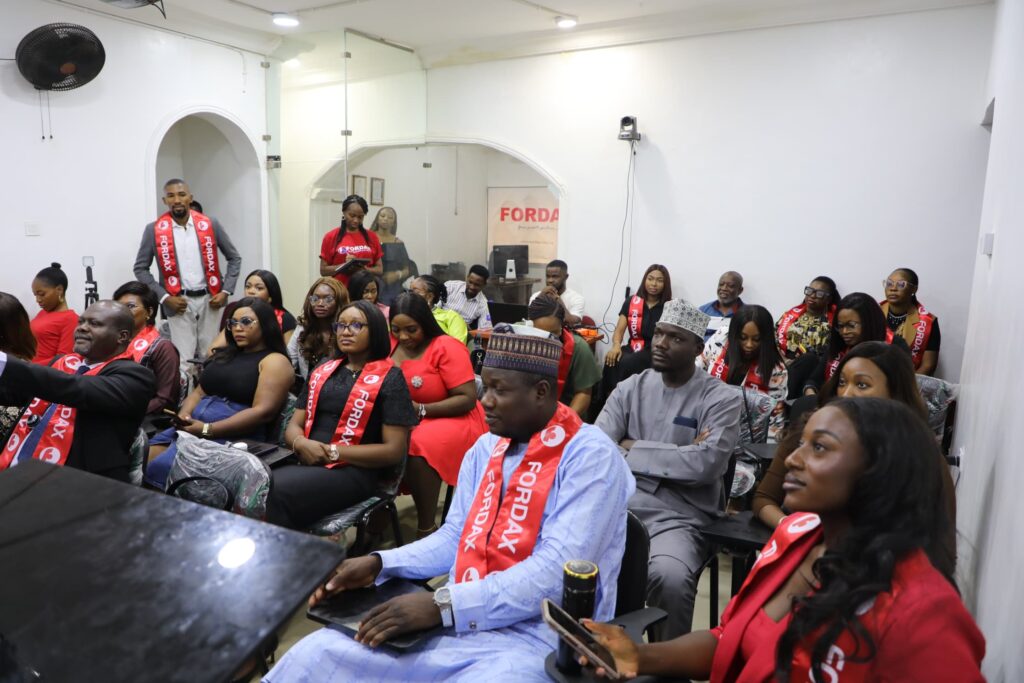
PART 2: How They Grew Globally
Now, let’s talk about how Hilton, Marriott, and Hyatt expanded beyond their home countries into global giants. Here are three key drivers of their international success:
1. Asset-Light Growth (Franchising and Management Agreements)
They stopped trying to own every building. Instead, they focused on:
- Selling licenses
- Managing other people’s hotels under their brand
- Providing systems, brand recognition, and operational support
This gave them fast expansion without massive capital outlay.
Instead of heavy capital investment in new properties, hoteliers can expand rapidly through franchising and management agreements. This involves licensing their brand and operational systems to other hotel owners or managing properties on behalf of owners, leveraging their brand recognition and expertise for a fee. This minimizes financial risk and accelerates market penetration.
2. Localized Execution with Global Standards
They respect local cultures. A Marriott in Istanbul might serve Turkish tea on arrival. A Hilton in Lagos might adjust meal plans for local palates.
But behind the scenes, the back-end systems are globally consistent.
While maintaining international service and operational standards, Nigerian hotels should tailor guest experiences to local preferences and cultural nuances. This could involve adapting menus, incorporating local art and design, or offering culturally relevant amenities, enhancing guest satisfaction and appeal.
3. Loyalty Programs and Brand Communities
Programs like Marriott Bonvoy, Hilton Honors, and World of Hyatt are not just about discounts—they’re about building communities of loyal repeat guests who trust the brand and advocate for it.
These programs also collect powerful customer data for personalized experiences.
Implementing robust loyalty programs can foster repeat business and cultivate a strong brand community. Beyond discounts, these programs should offer personalized experiences and exclusive benefits, encouraging customer loyalty and advocacy. The collected data can then be used to further refine offerings and strengthen customer relationships.
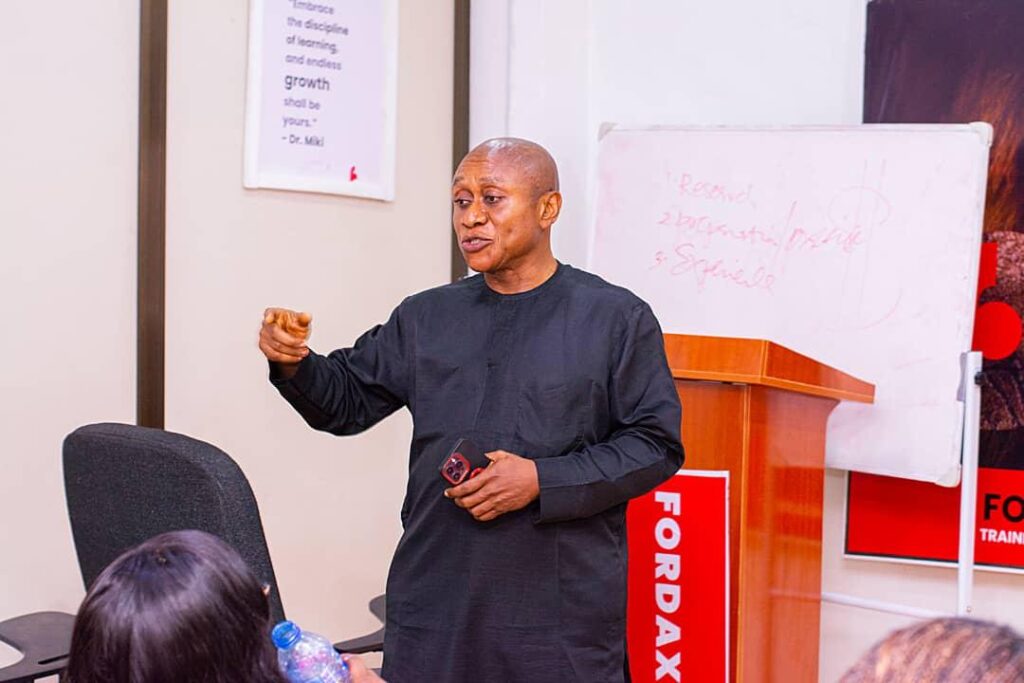
PART 3: What Nigerian Hoteliers Can Learn and Apply
Let me leave you with some practical thoughts. If you’re building or managing a hotel, guest house, resort, or hospitality brand in Nigeria, take these points seriously:
A. Start Building Systems Now
Don’t wait till you have 100 rooms. Start documenting how you want your hotel to run. Your check-in process, cleaning schedule, feedback loop, and even staff onboarding should be clear enough for a new person to follow.
It’s shocking that 7 out of every 10 hoteliers I tell about building systems often claim they already have one, it won’t work or they don’t know how to do it. I think the problem is that some people are too close to the business and have been battered by terrible experiences. This is why it is sometimes okay to step back and re-think your business and operations. Get fresh insights and try new things.
B. Invest in Staff Training and Retention
In Nigeria, staff turnover is a pain. But constant retraining is worse. So:
- Create a staff development plan
- Offer performance incentives
- Promote from within
- Treat your people like partners in success
Some of the programs that will significantly improve your staff performance are offered by the Fordax Business School.
The programs I recommend include: The Manager Program – for managers and supervisors; Excellent Customer Service Delivery; Employee Morale & Productivity; SOPs & KPIs reinforcement programs; amongst others.
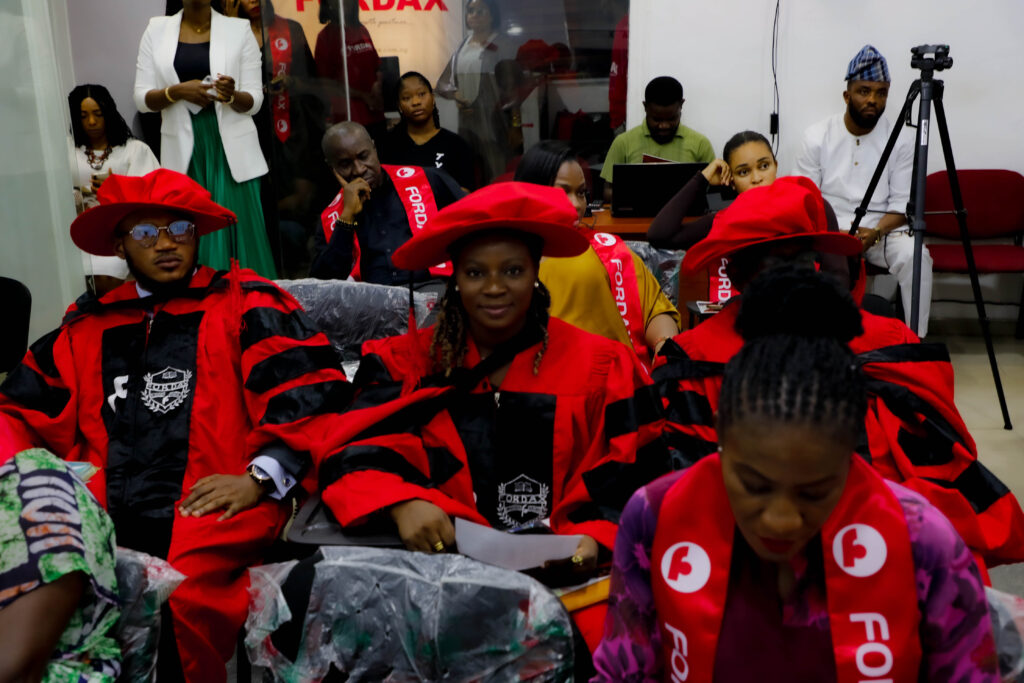
C. Think Like a Brand, Not Just a Building
A hotel is more than beds and keys. It’s a promise of experience. Start defining what experience your hotel promises… and deliver it every single time.
This is what makes people talk about you, come back again, and even recommend others.
D. Consider the Franchise Model
One hotel with a great system is better than five with no structure. Build one right—then create a template others can plug into.
Think of your hotel as a brand prototype that can be duplicated in Enugu, Uyo, or Nairobi.
E. Leverage Smart Marketing and Tech
Your booking system, reviews on Google, Instagram page, WhatsApp concierge, and referral incentives are not optional. They’re tools for growth.
No matter the challenges we face locally, let’s adapt creatively and use what we have.
I would also like to point out that many of the hoteliers I’ve interacted with do not have a hotel management system in place.
This alone is sickening.
Why every hotel needs an HMS:
- Streamlined Operations: Automates bookings, check-ins/outs, housekeeping, and billing, reducing manual errors and saving staff time.
- Enhanced Guest Experience: Provides seamless online booking, personalized service through guest profiles, and faster service delivery.
- Improved Revenue Management: Enables dynamic pricing, prevents overbookings, and offers real-time insights into occupancy and performance.
- Data-Driven Decisions: Generates comprehensive reports on sales, guest demographics, and operational efficiency, empowering informed business strategies.
And yes you have options:
Either invest in a bespoke system (which we can help build for under N2 million) or leverage established solutions like Nigerian owned Venus Hotel Management Software, and others like FortranHouse, Cloudbeds, WebRezPro, or eZee Absolute (I am not sure but I think Zoho might even have a solution for hotels).
If you have up to 3 hotels, I will recommend you build your own custom system so you can design to fit into your needs and also save the cost of having multiple hotels by building your own to handle all your hotels for today and tomorrow.
Embracing an HMS is not merely an upgrade; it’s essential for survival and prosperity in today’s competitive landscape.
My Final Thoughts
Hilton, Marriott, and Hyatt didn’t start perfect.
They started with a vision, built systems, empowered people, and scaled through structure—not hustle.
Nigeria may have its own challenges, but I believe strongly that hospitality brands from here can rise to global recognition if we build with the right mindset.
If you’re in the hospitality industry, now is the time to stop operating like a lodge and start thinking like a legacy.
THE PROBLEM IS THAT SOME OF US ARE JUST STUBBORN.
We often feel like we know everything and so we continue struggling. If you are really passionate about the hospitality industry, you must come down from your high horse and start thinking like a builder.
Stay structured. Stay focused. Stay world-class.
I am available to provide consultation in the areas of systemization, marketing, and training which we offer through the Fordax Business School.
—
Dr. Stephen Michael
Founder, Fordax Business School


